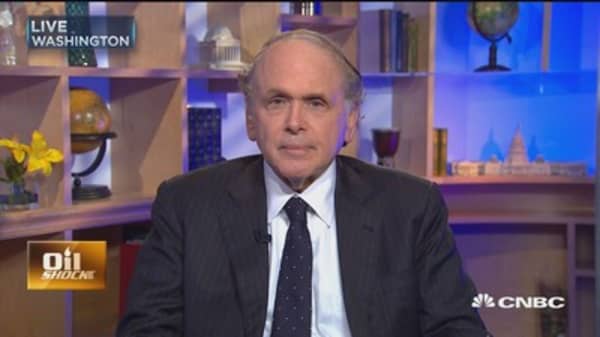Germans aren't too keen on paying off Greek debts. It's a good thing that U.S. taxpayers don't have that hang-up.
Most Americans aren't aware that their states have made similar bargains—protection from economic fallout in exchange for helping the federal government prop up weaker states when they need it. Billions of dollars flow from wealthier to less well-off states.
The oft-cited strategic problem with the euro zone is that while European countries bound themselves together in a monetary union, they didn't do much to give the combined entity power over fiscal decisions. That prevents the easy flow of liquidity and means that although EU countries will effectively sink or swim together, each country is alone in making budget decisions and in dealing with fiscal emergencies when they arise. At the same time, a country can't make traditional economic maneuvers like devaluing their currency when they get in trouble.
Read MoreBuy Europe, dump US stocks: Goldman





